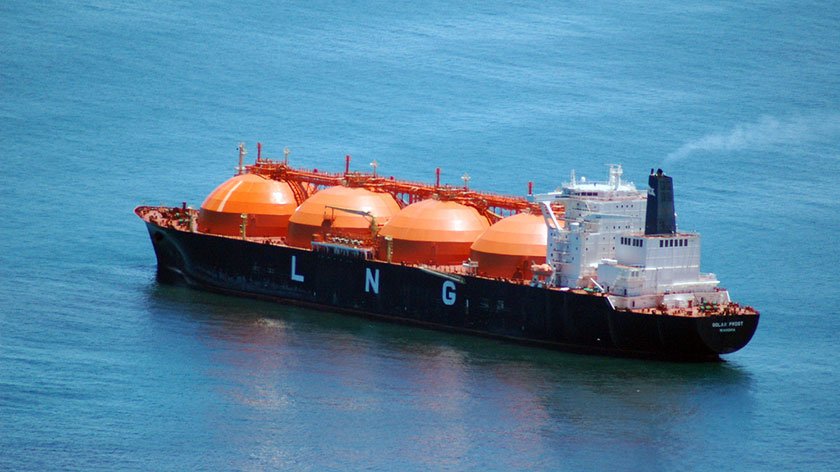The government of Bangladesh has taken a fresh move to import Liquefied Natural Gas (LNG) from the spot market to meet the rising demand for gas during the ensuing Ramadan, summer season, and during the ongoing agricultural irrigation period.
This latest move aims to address the country’s power generation needs during the peak season. Prime Minister Sheikh Hasina disclosed this on February 8 as she was asked in a tabled question by Fakhrul Imam, a member of the parliament from opposition Jatiya Party, during the National Parliament session.
She responded by stating that the daily gas production capacity in 2008 was 1,744 million cubic feet and it increased to 2,750 million cubic feet in 2018. As of now, the country’s daily gas production capacity stands at 2,300 million cubic feet.
You Can Also Read: No prescription, no antibiotics: Will new move help curb misuse?
The PM said that the current increasing demand for gas should be met through the import of LNG from the open market at a high price, and the process has been already started for this purpose. “That is why the government has decided to increase the price of gas used only in electricity, industrial, captive power, and commercial sectors, leaving other consumer categories unchanged,” she added.
After refraining from importing for eight months due to high prices in the international market, the government started the process of buying LNG from the open market again in February. On February 1, the Cabinet Committee, on government procurement meeting, approved the Energy Department’s proposal to purchase one cargo of LNG.
The government imported nine cargoes (3.36 million MMBtu per cargo) of LNG from the international open market in the first six months of 2022 to meet the demand for gas as new industrial plants came up in the country. Later due to the dollar crisis on one hand and the LNG price increase on the other hand LNG purchase from the open market was stopped.
In this, the gas and electricity crisis in the country became more pronounced. Many factories had to be closed due to a lack of gas supply. However, with the onset of winter in December, the demand for gas and electricity decreased; and the situation improved. But, in summer, the demand for gas will increase immensely.
In this scenario, the government has decided to increase the price of gas used in electricity, industry, captive power, and commercial sectors, leaving other consumer groups unchanged. To meet the demand for gas in these sectors, the process of importing LNG from the spot market has already been taken.


